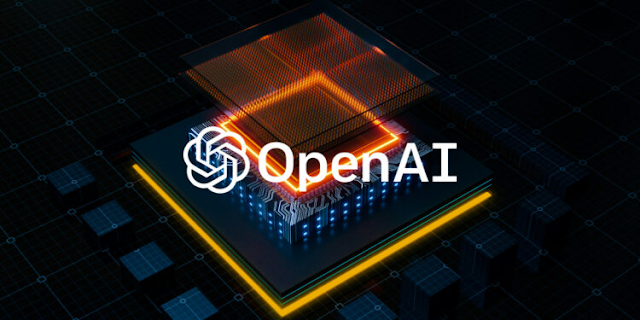OpenAI joins the race for custom AI chips! Learn why they're doing it, the challenges they face, and how it could impact the future of AI. Fascinating developments!
OpenAI Announces an Ambitious Plan to Develop Custom AI Chips
In a move that could significantly impact the landscape of artificial intelligence hardware, OpenAI, the renowned research lab behind projects like ChatGPT and DALL-E3, has announced its intention to develop its own custom AI chips. This decision reflects a growing trend among tech companies seeking to gain greater control over their hardware infrastructure and optimize performance for specific AI workloads.
Diversifying the AI Hardware Ecosystem
OpenAI's current reliance on Nvidia's GPUs, a common industry practice, has prompted a strategic shift. By designing their own chips, OpenAI aims to reduce dependence on a single vendor and potentially unlock new levels of performance and efficiency for their AI models. These custom chips, tailored to the specific requirements of OpenAI's deep learning algorithms, could offer significant advantages in terms of processing speed and power consumption.
Building a World-Class Development Team
To achieve this ambitious goal, OpenAI is actively recruiting top talent in the field of AI hardware design. Reports suggest they are targeting engineers with experience in developing Google's Tensor Processing Units (TPUs), another example of custom-designed AI hardware. This targeted recruitment strategy underscores OpenAI's commitment to building a team with the expertise necessary to translate its vision into reality.
Challenges and Opportunities
Despite the potential benefits, OpenAI's endeavor faces significant hurdles. Chief among these is the immense financial investment required for research, development, and potentially establishing their own chip fabrication facilities. The process itself can be lengthy, with estimates suggesting a timeframe of several years before these chips would be commercially available. Additionally, OpenAI will need to establish its new chips as a viable alternative in a market currently dominated by established players like Nvidia.
Potential Impact on the AI Industry
OpenAI's decision to develop its own AI chips could have a ripple effect across the broader AI industry. Increased competition could spur innovation among existing chip manufacturers like Nvidia, leading to a more diversified and competitive landscape. Furthermore, OpenAI's success could inspire other AI companies to explore custom hardware solutions, potentially leading to a wider range of specialized AI chips tailored to specific applications. Ultimately, this shift could benefit the entire AI ecosystem by fostering faster development cycles and more efficient hardware solutions.
In Conclusion: A Bold Step Towards the Future of AI
OpenAI's initiative to develop custom AI chips represents a bold step forward for the company and the AI industry as a whole. While significant challenges lie ahead, the potential rewards are substantial. With successful execution, OpenAI's chips could usher in a new era of AI hardware innovation, driving down costs, improving performance, and ultimately democratizing access to powerful AI technologies. As this story unfolds, it will be fascinating to witness how OpenAI navigates the complexities of chip development and its ultimate impact on the future of AI.
About the Writer
Jenny, the tech wiz behind Jenny's Online Blog, loves diving deep into the latest technology trends, uncovering hidden gems in the gaming world, and analyzing the newest movies. When she's not glued to her screen, you might find her tinkering with gadgets or obsessing over the latest sci-fi release.What do you think of this blog? Write down at the COMMENT section below.

No comments:
Post a Comment